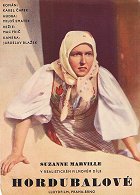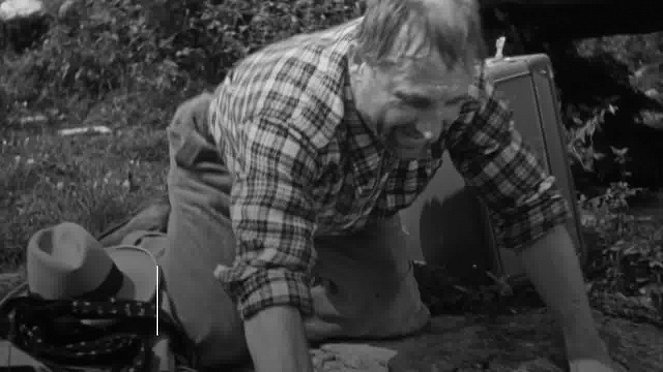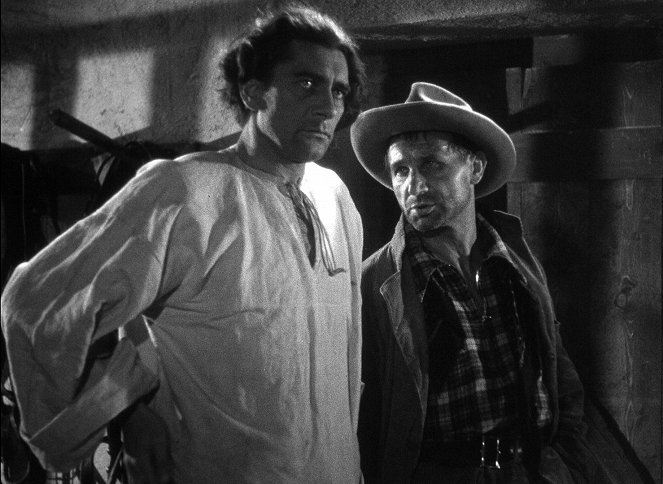Regie:
Martin FričKamera:
Jaroslav BlažekMusik:
Miloš SmatekBesetzung:
Jaroslav Vojta, Paľo Bielik, Suzanne Marwille, Mirko Eliáš, Vlasta Součková, Eliška Kuchařová, František Kovářík, Filip Dávidík, Gustav Hilmar (mehr)Inhalte(1)
Juraj Hordubal returns after eight years from America, where he has made enough money for improvements on his farm. His daughter Hafie does not recognize him and even his wife Polana displays no visible joy at his return. Štěpán Manya has been a labourer on the farm for the whole of these years and people claim that he has become Polana's lover. Juraj refuses to listen to the accusations and believes that his wife's estrangement is only the result of the long period of loneliness. Nevertheless he fires Štěpán. Subsequently his wife shuts herself in the attic and stops taking an interest in the household. (Sofia International Film Festival)
(mehr)Videos (1)
Kritiken (1)
The fascinating multi-layered first part of Čapek's "Hordubal" trilogy ("Povětroň," "Obyčejný život") literally blossomed and matured in the film based on the author's script. Although he was subjected to several types of adversity - first the condition of casting Bielik, to whom Frič was indebted after Jánošík, and then Havel's ego, who withdrew the film from Lucerna in the middle of the first week due to personal disagreements with Čapek. However, the critics responded and there was only positive feedback from abroad. With the passage of time, we need not be seduced by contemporary pettiness and we can watch The Hordubals with full satisfaction. Čapek incorporated the Slovak Tarzan into the plot and the reclusive Juraj, played by Vojta, gained an interesting new storyline with his brother Michal. Of course, the key moments from the book were not denied him, meaning his electrifying solitary wanderings and conversations with the shepherd are included. Suzanne Marwille’s Polana Hordubal lived her life as a housekeeper in very real terms. She was attractive to some eyes, sinewy to others. The bold Mirko Elias was her ideal Máňa. Audiences could not have hoped for a better farewell to the star of the first format. And the actual conclusion in court? It owed nothing to the main idea of the work as a whole, unlike the cheap modern remake, which only had to interpret the plot from two-thirds of it. If The River, whose reception was originally equally complicated, has now been fully rehabilitated, let us also take note of this exceptionally mature work.
()


